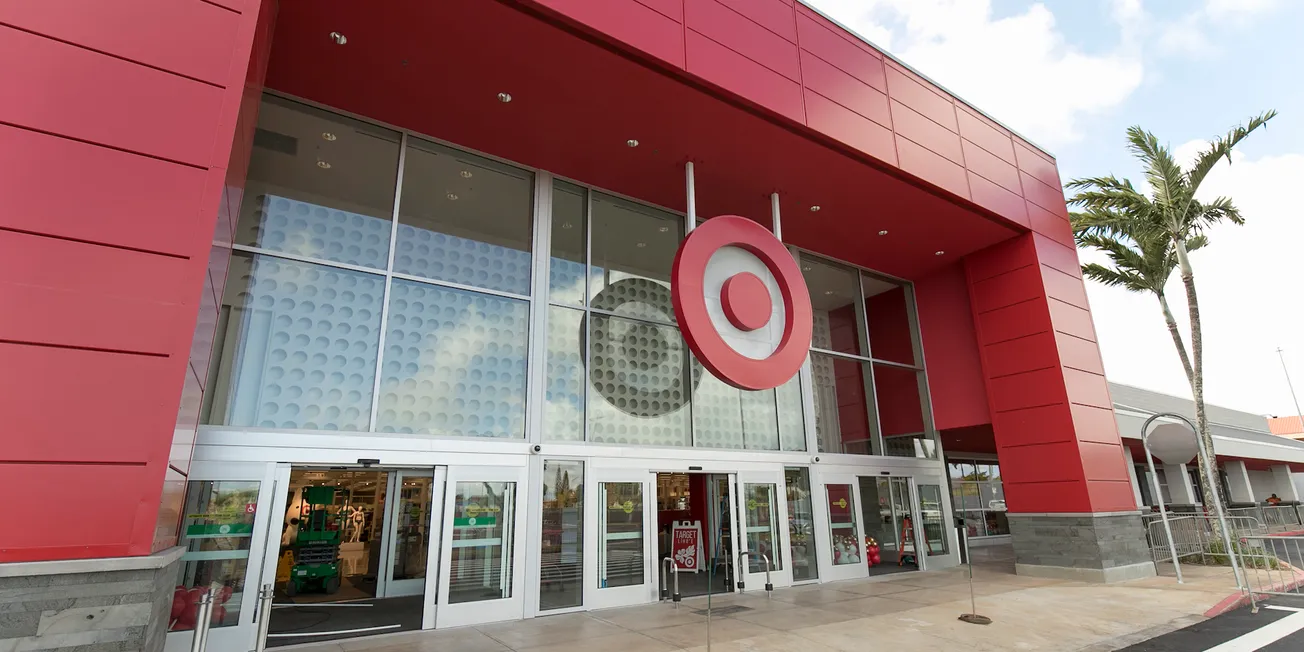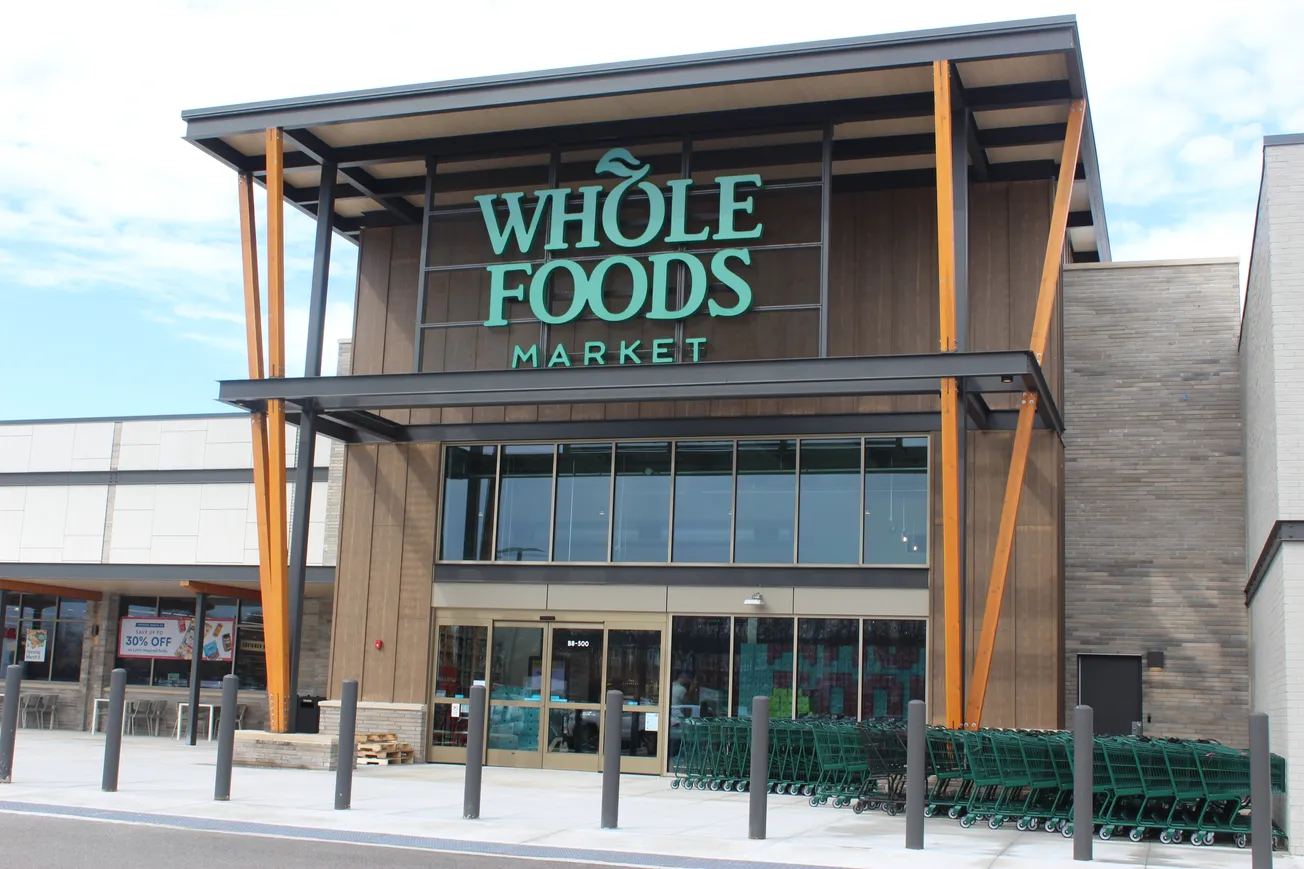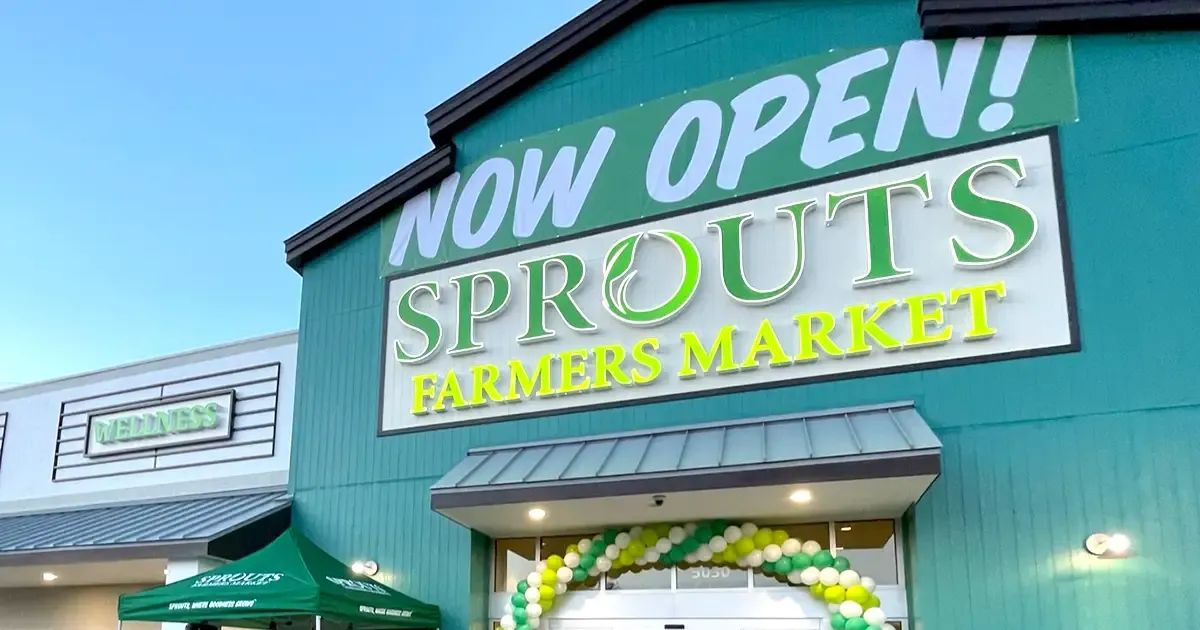JACKSONVILLE, Fla. — The parent company of the BI-LO and Winn-Dixie supermarket chains has filed for a $500 million initial public offering (IPO). Citigroup, Credit Suisse and Deutsche Bank Securities are the lead underwriters on the offering.
The parent company of the BI-LO and Winn-Dixie supermarket chains has filed for a $500 million initial public offering (IPO). Citigroup, Credit Suisse and Deutsche Bank Securities are the lead underwriters on the offering.
Southeastern Grocers LLC, formerly Bi-Lo Holdings, is wholly owned by Lone Star Funds, a private equity firm. Last year Bi-Lo Holdings initiated what is now clearly a major expansion drive by acquiring Winn-Dixie Stores for $560 million, making it the ninth-largest grocer in the United States, with 685 stores across eight southeastern states — Alabama, Florida, Georgia, Louisiana, Mississippi, North Carolina, South Carolina and Tennessee. The supermarkets contain 482 in-store pharmacies.
During a keynote speech at a JAXUSA Partnership luncheon here in May, president and chief executive officer Randall Onstead said that the company’s three-part growth plan involves acquisitions, capital investment and building same-store sales. He added that the acquisitions will not prevent the company from making capital investments in new store construction and remodels.
According to Onstead, the company decided to reject the conventional wisdom that supermarkets operating in the middle, between Walmart as the low-price leader and high-end grocers, cannot prosper. The company’s fundamental strategy is to connect with the communities its stores serve, he said. "We are going to be the neighborhood grocer people shop the most," he remarked.
Onstead added that the company intends to open more Winn-Dixie stores, not only in the Jacksonville area but in other markets as well.
In its prospectus filed with the Securities and Exchange Commission, Southeastern Grocers reported that its sales increased to $8.63 billion in 2012 from $2.78 billion a year earlier, while its net profit soared to $103.1 million from $5.7 million. For the 28 weeks ended July 10, it reported $208 million in net income (including tax benefits totaling approximately $56.1 million) on $5.6 billion in sales. Moreover, the company stated it has achieved 18 consecutive quarters of positive pro-forma comparable-store sales growth, with average comp-store growth of 3.1% over the last six quarters.
In its SEC filing, Southeastern Grocers described itself as the second-largest operator of conventional supermarkets in its eight states of operation, in terms of store count, and the sixth-largest nationwide.
In May the supermarket operator took another major expansion step by agreeing to purchase three southeastern supermarket banners from Delhaize Group, based in Brussels. That deal, which is expected to close during the fourth quarter, will add 165 stores operating under the Sweetbay, Harveys and Reid’s banners for $265 million in cash. Onstead described the Delhaize deal as a “big acquisition” that will provide a major increase to the company’s top line.
Most recently, Bi-Lo Holdings agreed to acquire 22 Piggly Wiggly stores located in South Carolina and coastal Georgia for an undisclosed sum. Almost simultaneously, Bi-Lo agreed to sell seven of its BI-LO-bannered stores in North and South Carolina to Publix Super Markets Inc., which appears to be making a major push into North Carolina.
The Publix drive into that state has been mentioned as a factor motivating the sale of Matthews, N.C.-based Harris Teeter Supermarkets Inc. to Kroger Co. But in September, Harris Teeter also helped itself to Piggly Wiggly properties, agreeing to purchase six stores and one future store location in the Charleston, S.C., area from Greenbax Enterprises Inc.
The IPO filing did not indicate how many shares the company plans to sell or their expected price. Net proceeds from the offering, however, will be used to pay down debt.
Additionally,while not stating the number of shares that will be sold, the filing states that Southeastern Grocers will be a controlled company, with Lone Star continuing to hold a controlling stake. That will exempt it from rules involving independent directors and independent compensation committees.





